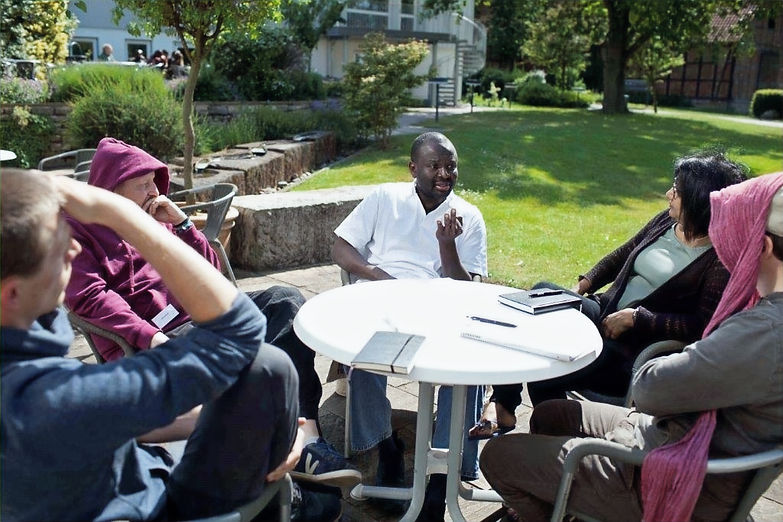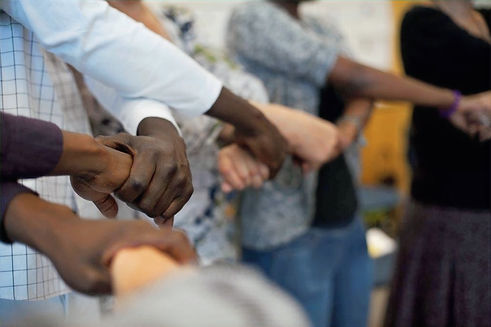
Advancing Global Citizenship Through Transformative Education
Learn to Change
Since 2015, Umbaja has been a proud co-founder and active member of the Learn2Change – Global Network of Educational Activists, a collaborative alliance committed to using education as a catalyst for social transformation, global justice, and sustainability. In partnership with the Association of Lower Saxony Education Initiatives (VNB), Umbaja plays a vital role in delivering community-rooted educational programs that empower migrants, youth, and civil society actors, both in Sudan and across the Sudanese diaspora.
Our shared mission is rooted in the belief that education can—and must—serve as a powerful instrument for change, particularly for those whose voices are often marginalized. Through innovative methodologies, intercultural dialogue, and hands-on training, Umbaja delivers continuous learning opportunities that address the complexities of our interconnected world and support individuals in becoming active global citizens.


A Platform for Change
As an engaged partner within the VNB network, Umbaja plays a central role in the training and development of multipliers—educators, community leaders, and youth facilitators—especially in areas where democracy, sustainability, migration, and social justice intersect. These efforts are grounded in both theory and practice, combining critical inquiry with hands-on, action-oriented learning.
Through this collaboration, we aim to:
-
Strengthen the voices and capacities of migrant communities.
-
Foster intercultural understanding and solidarity.
-
Support local-to-global actions for ecological, social, and economic justice.
-
Promote a vision of education that is democratic, inclusive, and future-oriented.
Publications and Knowledge Production
Umbaja has contributed to several landmark publications within the Learn2Change network—tools that have become invaluable resources for educators and change-makers worldwide:





